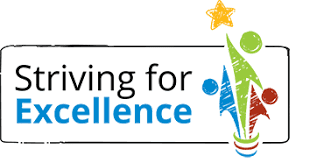- Come to class and pay attention. This one should be a
no-brainer. If you must miss class, write or e-mail your lecturer or professor in advance and
explain your situation. And when you’re in class, be visibly attentive;
let your lecturer or professor know you’re in the room. - Learn to balance
your studies and your job (if you are working). Your job is not an end in itself but a means
for you to go to university. To confuse those priorities is to defeat
the very purpose of being here. - Be prepared in advance for all
of your assignments. This is called “studying.” Get used to doing it;
it will be your primary activity for the next few years in school. - Read
sitting up (not in bed), with a pencil to mark up the text. A clean text
is an unread one. And whenever the lecturer or professor emphasizes a portion of a text or lecture,
mark it if you haven’t done so already. It may be on the next test or exam. - Find
a quiet, regular place to study. This is your special sanctum, for that
purpose only. Don’t eat, listen to music, or entertain your friends
there. - Study in sessions of no more than an hour, then take a
break. Three sessions of fifty minutes each week is better than three
hours at one sitting. A general rule is two hours of study time for each
hour of class. - Finish your papers several days early so you’ll
have time to revise them. Read your paper out loud to a friend; you‘ll be surprised how many
mistakes you catch. - Know your lecturers that have the interest of the students at heart. Talk to these people. They have an interest in
helping you succeed–and get lonely during their office hours if no one
comes. - Go regularly to the library; knowledge is in books, not
on Wikipedia. Consider your college education a bibliography for the
rest of your life. - Find an appropriate spiritual cum social outlet. The best
students are well-rounded. A social outlet is not, however, a wild night
on the town. Join campus fellowships or youth churches and organizations that will help you develop as a students.
Check the school newspaper for events happening both on campus and in
the community. - Begin studying for an exam very early. And
learn proper test-taking skills, e.g.: write identifications in complete
sentences; make sure your essays have thesis and topic sentences; if
you have a choice of topics, choose the one(s) that will show the
breadth (not just depth) of your knowledge; and proofread your exam
papers before submitting them. -
Enjoy yourself, serve God, be prayerful, study your bible and always take some time out to rest and meditate.
Do you have others secrets you have learnt as an excellent student? Please share with us.






